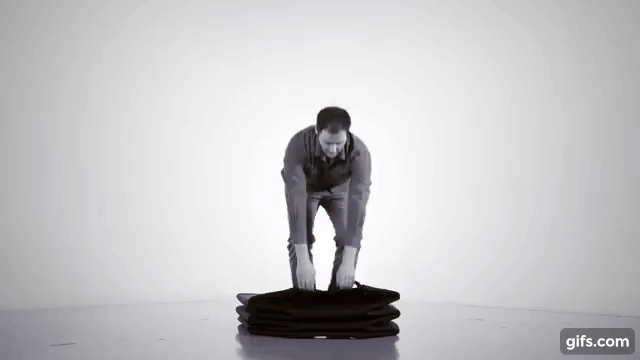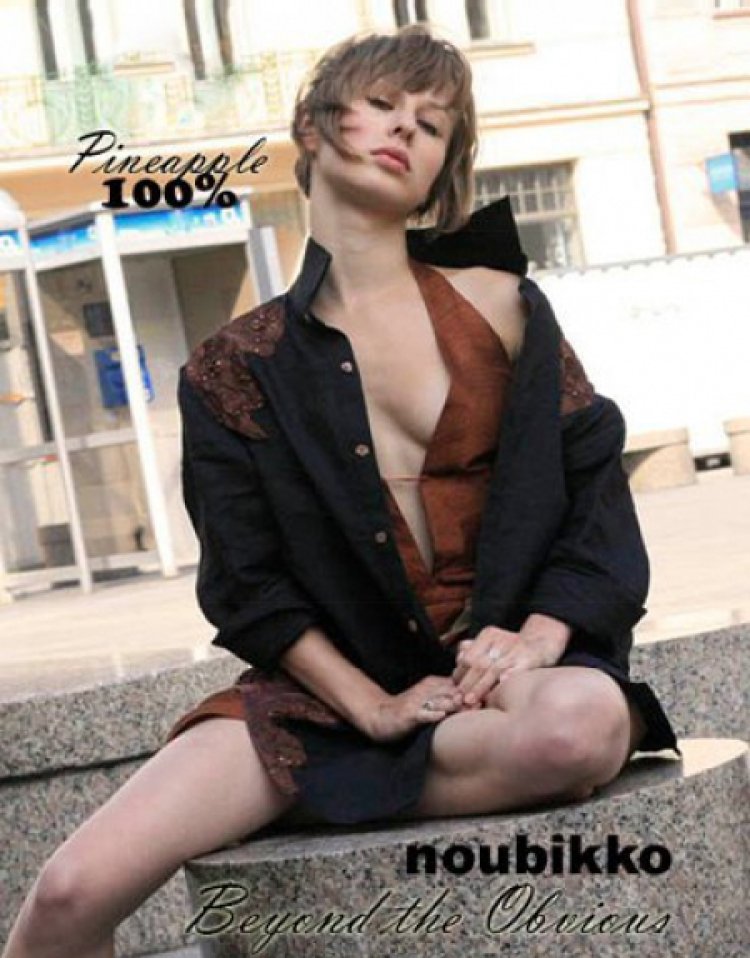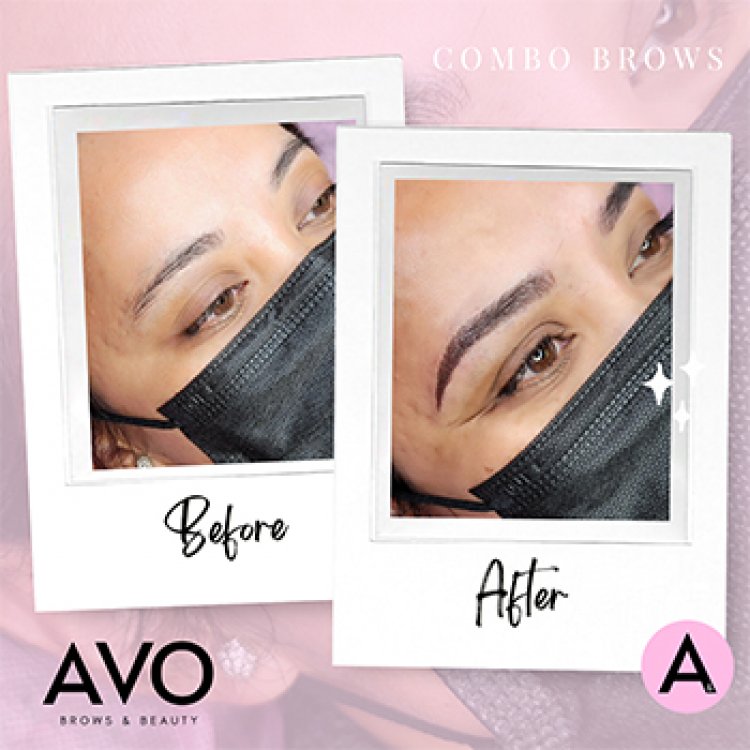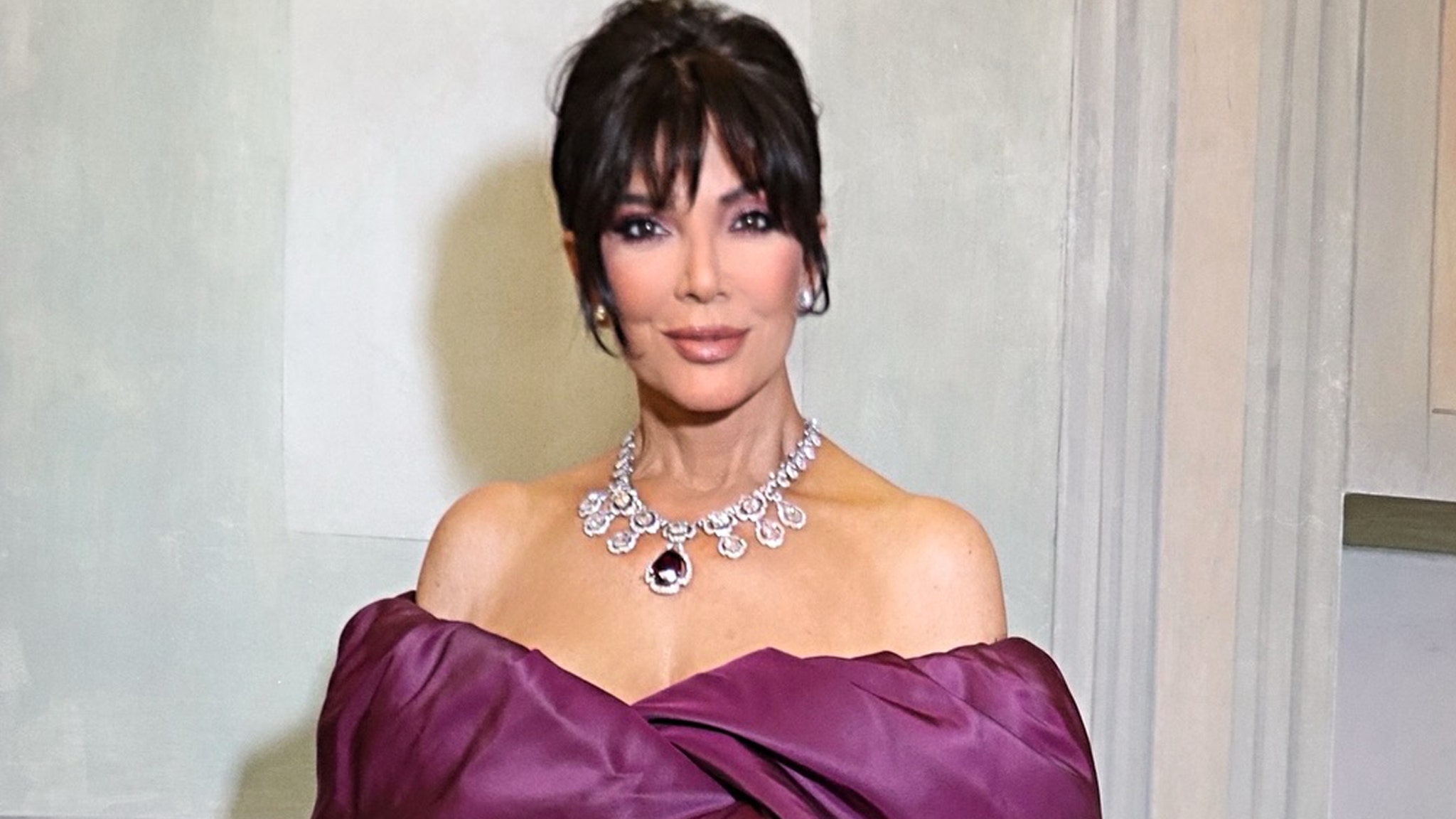Sundance 2022: Free Chol Soo Lee, The Exiles, The Princess
Julie Ha and Eugene Yi's extraordinarily moving "Free Chol Soo Lee," the best documentary I've seen from this year's US Documentary competition, gifts many things to its title subject, including the idea of being truly seen. A great life is never a perfect one, and “Free Chol Soo Lee” celebrates this with a loving portrait of a man who was not a hero. He was much more that. The filmmaking of “Free Chol Soo Lee” has an incredibly assured grasp on how to go back through the past, and reintroduce a life as if you were just meeting them, so it’s almost better to tell you about the man himself. In the early 1970s, he was known as the only Korean man in Chinatown, an outsider, coming from a history of abuse. He made the place his own, with a street hustler’s record (“I was not an angel on the outside, but I was not the devil,” he says in footage we see in the opening scene). He was wrongly accused and convicted of a murder in Chinatown and sentenced to prison. In order to defend himself in prison he killed a White Nationalist, putting him on death row. Chol Soo spent years in prison, until more people started to learn his story, and look closer into the crime. They started a movement in his name. “There’s a very thin line between him and me. I was lucky; he was not lucky.” “Free Chol Soo Lee” finds staggering poetry in such direct sentiments, this one from Korean investigative reporter K.W. Lee, who learned about Chol Soo during this period, and became passionate about investigating Chol Soo's experience, identifying with him as another lone Korean man. A group of activists gathered to raise money for the cause, leading to toe-tapping segments here about how "Free Chol Soo Lee" became a rally cry that gave Chol Soo Lee the hope he long deserved (the activists even wrote a catchy song for the cause). These people recognized the humanity in Chol Soo Lee, and the movie overflows with the possibility that comes when people have faith in each other in the face of failing systems. Among its many powerful undercurrents, the backstory that “Free Chol Soo Lee” paints is about breaking the idea of the perfect immigrant, while also reckoning with the wear and tear of systems that can affect one's quality of life. Chol Soo was failed constantly: by the schooling system that frustrated him as a child and lead to him acting out and being sent to juvenile hall, by the racist policing that threw him in prison and said he was Chinese, by the justice system that didn’t face the crime until many other people brought up to it. There are monumental systemic failures in this story, making the human victories all that more important, and historic. There’s something to be said about how the constructs of this documentary may seem familiar—stock footage, talking heads recollecting the past—but the editing weaves a spectacular spell, revealing certain information carefully and effectively. You deeply care about each chapter in Chol Soo’s saga, which we learn from his written word (voiced by Sebastian Yoon). And when he is freed, the story is far from over; the significance of Chol Soo as a public figure did not make him more perfect as a person, especially with the trauma of being in prison. Yi and Ha withhold showing Chol Soo's face after prison until a certain impactful point, in which we also learn more about a brief, striking close-up from the opening credits—a shot of severely burned hands, driving into San Francisco. The film's incredible, emotional journey helps us recognize the many reasons we should love those hands. "Free Chol Soo Lee” is what documentary filmmaking should strive for as a medium built of humanity and empathy. Executive produced by Steven Soderbergh, “The Exiles” is a documentary about shit-stirrers, activists, and the power of free speech even against an entity as silencing as the Chinese government. But the pieces almost don't come together in this documentary from Violet Columbus and Ben Klein, causing it to nearly undermine the awe-inspiring life stories it is celebrating. One big piece: Christine Choy, an incredibly charismatic film master and professor described as having “Tasmanian devil energy,” and clearly does. She smokes; she cusses; she upstages “Joker” director Todd Phillips, one of her old NYU students, walking into his interview early into the movie, giving us the sense that she must have been the true inspiration behind Joker. Klein and Columbus give her due tribute, talking about how she made impassioned, angry documentaries about social injustices for an industry that was predominantly white, as made apparent when she attended the 1989 Oscars when her film “Who Killed Vincent Chin?” was nominated for Best Documentary. There’s also footage of her regaling about how she once told Robert Redford, back in the early 1990s, that Sundance was super white (suggesting this might be a Sundance-friendly pick). All to say that Choy deserves a cinematic outlet, a documentary, and it becomes disorient


Julie Ha and Eugene Yi's extraordinarily moving "Free Chol Soo Lee," the best documentary I've seen from this year's US Documentary competition, gifts many things to its title subject, including the idea of being truly seen. A great life is never a perfect one, and “Free Chol Soo Lee” celebrates this with a loving portrait of a man who was not a hero. He was much more that.
The filmmaking of “Free Chol Soo Lee” has an incredibly assured grasp on how to go back through the past, and reintroduce a life as if you were just meeting them, so it’s almost better to tell you about the man himself. In the early 1970s, he was known as the only Korean man in Chinatown, an outsider, coming from a history of abuse. He made the place his own, with a street hustler’s record (“I was not an angel on the outside, but I was not the devil,” he says in footage we see in the opening scene). He was wrongly accused and convicted of a murder in Chinatown and sentenced to prison. In order to defend himself in prison he killed a White Nationalist, putting him on death row. Chol Soo spent years in prison, until more people started to learn his story, and look closer into the crime. They started a movement in his name.
“There’s a very thin line between him and me. I was lucky; he was not lucky.” “Free Chol Soo Lee” finds staggering poetry in such direct sentiments, this one from Korean investigative reporter K.W. Lee, who learned about Chol Soo during this period, and became passionate about investigating Chol Soo's experience, identifying with him as another lone Korean man. A group of activists gathered to raise money for the cause, leading to toe-tapping segments here about how "Free Chol Soo Lee" became a rally cry that gave Chol Soo Lee the hope he long deserved (the activists even wrote a catchy song for the cause). These people recognized the humanity in Chol Soo Lee, and the movie overflows with the possibility that comes when people have faith in each other in the face of failing systems.
Among its many powerful undercurrents, the backstory that “Free Chol Soo Lee” paints is about breaking the idea of the perfect immigrant, while also reckoning with the wear and tear of systems that can affect one's quality of life. Chol Soo was failed constantly: by the schooling system that frustrated him as a child and lead to him acting out and being sent to juvenile hall, by the racist policing that threw him in prison and said he was Chinese, by the justice system that didn’t face the crime until many other people brought up to it. There are monumental systemic failures in this story, making the human victories all that more important, and historic.
There’s something to be said about how the constructs of this documentary may seem familiar—stock footage, talking heads recollecting the past—but the editing weaves a spectacular spell, revealing certain information carefully and effectively. You deeply care about each chapter in Chol Soo’s saga, which we learn from his written word (voiced by Sebastian Yoon). And when he is freed, the story is far from over; the significance of Chol Soo as a public figure did not make him more perfect as a person, especially with the trauma of being in prison. Yi and Ha withhold showing Chol Soo's face after prison until a certain impactful point, in which we also learn more about a brief, striking close-up from the opening credits—a shot of severely burned hands, driving into San Francisco. The film's incredible, emotional journey helps us recognize the many reasons we should love those hands. "Free Chol Soo Lee” is what documentary filmmaking should strive for as a medium built of humanity and empathy.

Executive produced by Steven Soderbergh, “The Exiles” is a documentary about shit-stirrers, activists, and the power of free speech even against an entity as silencing as the Chinese government. But the pieces almost don't come together in this documentary from Violet Columbus and Ben Klein, causing it to nearly undermine the awe-inspiring life stories it is celebrating.
One big piece: Christine Choy, an incredibly charismatic film master and professor described as having “Tasmanian devil energy,” and clearly does. She smokes; she cusses; she upstages “Joker” director Todd Phillips, one of her old NYU students, walking into his interview early into the movie, giving us the sense that she must have been the true inspiration behind Joker. Klein and Columbus give her due tribute, talking about how she made impassioned, angry documentaries about social injustices for an industry that was predominantly white, as made apparent when she attended the 1989 Oscars when her film “Who Killed Vincent Chin?” was nominated for Best Documentary. There’s also footage of her regaling about how she once told Robert Redford, back in the early 1990s, that Sundance was super white (suggesting this might be a Sundance-friendly pick). All to say that Choy deserves a cinematic outlet, a documentary, and it becomes disorienting when “The Exiles” is not said film. This is all an introduction, even though it seems like it's going to be the main story.
Rather, “The Exiles” is about one specific project of Choy's that was never finished, which Choy shot after the Tiananmen Square massacre in 1989. This footage is the gateway to knowing three men—Wu'er Kaixi, Yan Jaiqi, and Wan Runnan—who have been exiled from China after participating in student-led efforts to bring democracy to China. Choy filmed them speaking at a convention in Chicago, protesting the Tiananmen Square atrocities. It changed their lives irrevocably, stripping them of their sense of home. Klein & Columbus now recast Choy as a storyteller, and capture the conversations she has with these men in the modern-day.
Once the documentary settles into this groove, of looking back at this footage and seeing how the men—older, wiser, always compelling—now feel about their activism, their identities, their sense of home, “The Exiles” becomes fascinating. And it is angry too, as it lays out clearly how China has never given a proper response or acknowledgement, or released the number of people who died during the Tiananmen massacre that had the army firing on students. But it also has Choy to celebrate, and "The Exiles" can't quite figure out how to balance telling her own story while she guides us through those of the three men.

Opening night at Sundance saw the premiere of a new doc set to air later this year on HBO, “The Princess.” Directed by Ed Perkins, the documentary chronologically pieces together the story of Princess Diana in the public eye, using paparazzi angles, news coverage, interview footage, and more. Though it offers plenty to feed monarchy mania, it wrestles with how such attention affected her, while making an already questionable relationship with future ex-husband Prince Charles even more fraught. There is something fitfully alarming about what it's like look at Diana in this footage—she is always felt to be from a bizarre distance, even when the camera is in close-up.
"The Princess" is impressive in how it arranges a quickly paced saga out of the archives, using this third-person footage that’s all about one very famous person’s un-private life. Disembodied voices of the public that comment on the latest development add to the doc's mournful air, appearing so often in the soundtrack they're like atonal instruments adding to the chaos. Perkin's film traps us in the kind of hysteria that wanted to consume her and her emotions, or comment on her relationship with Prince Charles as if it were political discourse.
The irony with “The Princess” is that while it does seem to be horrified by the spectacle of celebrity that more or less killed Princess Diana, its editing still nonetheless lets the story function like a relatively non-challenging celebrity saga. There will still be “10 Most Shocking Moments in ‘The Princess’” articles when this comes out, the celebrity power of the monarchy will prevail. The documentary is not so much about contemplating or noticing certain moments in this life, to sit with moments and reflect on them and their absurdity. Rather, it wants us to understand these juicy different chapters in full, going from one spectacle to the next where we appreciate the crowd-size, or continually lament the aggressiveness of the paparazzi who gave Perkins this footage. Its narrow chronological narrative focus allows it to be an informative recap, and friendly to viewers who want to exhume the legacy for something more to gawk about. That’s all good for viewership numbers, but less so for an artistic statement.





















:quality(85):upscale()/2025/01/08/844/n/1922398/cde2aeac677eceef03f2d1.00424146_.jpg)
